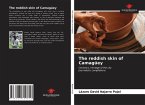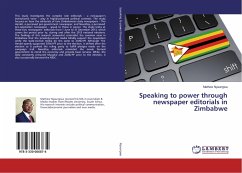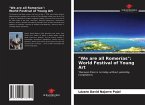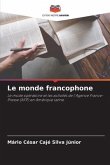This book aims to critically present the production processes of Agence France-Presse (AFP), one of the largest news agencies in the world, with special attention to its modus operandi in Latin America. Based on interviews with professionals and former professionals from AFP and a review of available literature on the subject, the historical relationship of news agencies with the development of capitalism and the rise of the so-called New Information and Communication Technologies (NICTs) is highlighted. The work also deals with France-Presse's regionalization strategy. Since 1997, with the creation of a regional office in Montevideo, the company has been seeking closer ties with local clients in order to consolidate its market share, reduce operating costs and maximize profits. In this sense, the idiosyncrasies of the Latin American operation are presented, as well as the financial difficulties and internal conflicts within the organization, fruit of the dispute for autonomy - editorial and administrative - on different scales. The regionalization process did not overcome the concentration of decision-making power in Paris, maintaining, in practice, the "Francocentrism and the impediment of the "South-South" flow of information.
Bitte wählen Sie Ihr Anliegen aus.
Rechnungen
Retourenschein anfordern
Bestellstatus
Storno








